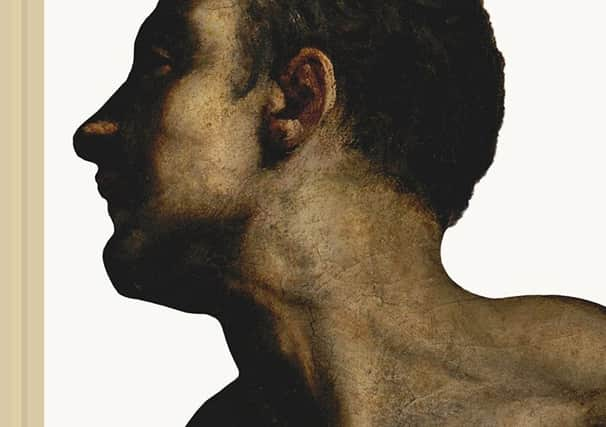Strange... How normal, intelligent people can believe something as unreasonable as the Christian religion


This needles Carrère into writing this book. He is successful as a novelist and screenwriter, but has a secret, in that he used to believe. So he writes a kind of extended treatment, an unmakeable film, about the origins of the early Church.
Mostly his thinking is ingenious. His entry into the story is a storyteller’s approach. Of all the Gospel writers, only Luke uses the first person. This chink of individuality is the narrow gate through which Carrère observes Paul, Peter, James the Just, John, Mark, Josephus and – askance – Jesus.
Advertisement
Hide AdAdvertisement
Hide AdGiven how precise, detailed and accurate Carrère is about the New Testament texts, it is rather bemusing that he misses a trick or two. For example, he makes much of the tradition that Luke was a doctor – hence many of the healing miracles in his Gospel, and the sense that one does not heal the healthy – but does not comment on the fact that one of the first phrases Luke attributes to Jesus is “Physician, heal thyself”.
Carrère frequently tries to reverse-engineer 21st century Parisian life on to Palestine in the 1st century: Luke’s obsession with this new “Way” cult is a bit like Carrère himself doing yoga; the threat of fanatical religious obsessives means that the Sicarii and the French Muslims are one and the same. One can always find parallels. Finding differences is a deeper and more significant matter.
Yet I couldn’t help but love this book. The scene where Carrère washes disabled people’s feet is profoundly moving and made me realise how weak a believer I am compared with his agnosticism. But even he might acknowledge that sometimes something is believable because it is unbelievable. Were the Gospel writers fools, frauds or fantasists? Or were they something else entirely?